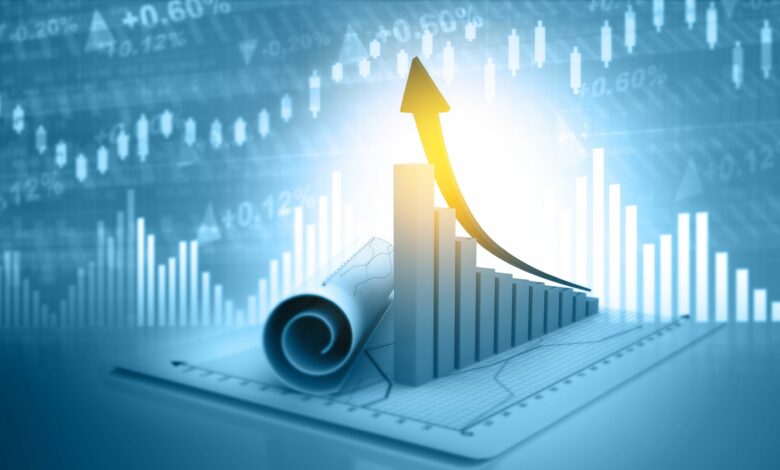انعكاسات التضخم الاقتصادي في ايران على النظام السياسي
Implications of Economic Inflation in Iran on the Political System

اعداد : أ.هيبة غربي – جامعة القسنطينة- الجزائر
- المركز الديمقراطي العربي
- مجلة مدارات إيرانية : العدد السابع عشر أيلول – سبتمبر 2022 المجلد 5, دورية علمية محكمة تصدر عن #المركز_الديمقراطي_العربي ألمانيا –برلين” .تعنى بالشأن الإيراني داخليا واقليميا ودوليا.
-
فصلنامه مدارات إيرانية فصلنامه أي علمي از طرف مركز دمكراسي عربي برلن منتشر مي شود.
للأطلاع على البحث “pdf” من خلال الرابط المرفق :-
ملخص:
كما يجري التساؤل عن أسباب تدنِّي دُخول عامَّة الإيرانيين ومستوى معيشة غالبيتهم، وتأخُّر اقتصادهم مقارنةً بدولٍ نفطية مثلهم، على الرغم من اكتشاف النفط بإيران قبل كثيرٍ من دول الشرق الأوسط، وامتلاك الدولة الإيرانية لــــــ ثرواتٍ طبيعيةٍ وبشريةٍ متنوِّعة، وإرثٍ صناعيٍ وتكنولوجي خلَّفه نظام الشاه الرأسمالي، علاوةً على تميُّز موقعها الجغرافي وجودة تربتها الزراعية. فإذا ما قدَّرنا المتوسِّط السنوي لمعدَّل التضخُّم في إيران خلال الثلاثين عامًا الأخيرة، سنجدُه معدَّلٌ مرتفع مقارنةً بــــــــ متوسِّط التضخُّمٍ السنوي لــــــــــ دولِ الشرق الأوسط وشمال أفريقيا خلال نفس الفترة الأمر الذي ساهم في إرهاق كاهل غالبية الأُسر الإيرانية بالنفقات المعيشية المتزايدة طوال الثلاثة عقودٍ المُنصرمة، فبجانب دور العقوبات الاقتصادية في هذا الأمر، كان لطبيعة السياسات الاقتصادية الإيرانية المُـتّبعة الدورَ الأكبر. لذا فالاقتصاد الايراني اليوم يحتاج بشكل عاجل إلى خطة تعافٍ عاجلة تشمل القيام بإصلاحات مالية ونقدية كلية شاملة ومنسقة، والتي يتعين على الرئيس الإيراني المنتخب الجديد “إبراهيم رئيسي”، تبنيها في أقرب وقت.
Abstract
The reasons for the low incomes of ordinary Iranians and the standard of living of the majority of Iranians are also questioned, and their economy is delayed compared to oil countries like them, despite the discovery of oil in Iran by many countries of the Middle East, the Iranian state’s possession of diverse natural and human resources, the industrial and technological legacy left behind by the Shah’s capitalist regime, as well as the excellence of its geographical location and the quality of its agricultural soil. If we estimate the average annual inflation rate in Iran over the last thirty years, we will find it high compared to the average annual inflation of the countries of the Middle East and North Africa. During the same period, which contributed to the fatigue of the majority of Iranian families with increasing living expenses over the past three decades, besides the role of economic sanctions in this matter, the nature of Iranian economic policies followed played the largest role. Today’s Iranian economy urgently needs an urgent recovery plan that includes comprehensive and coordinated macro-fiscal and monetary reforms, which Iran’s new president-elect, Ebrahim Raisi, should adopt as soon as possible.




